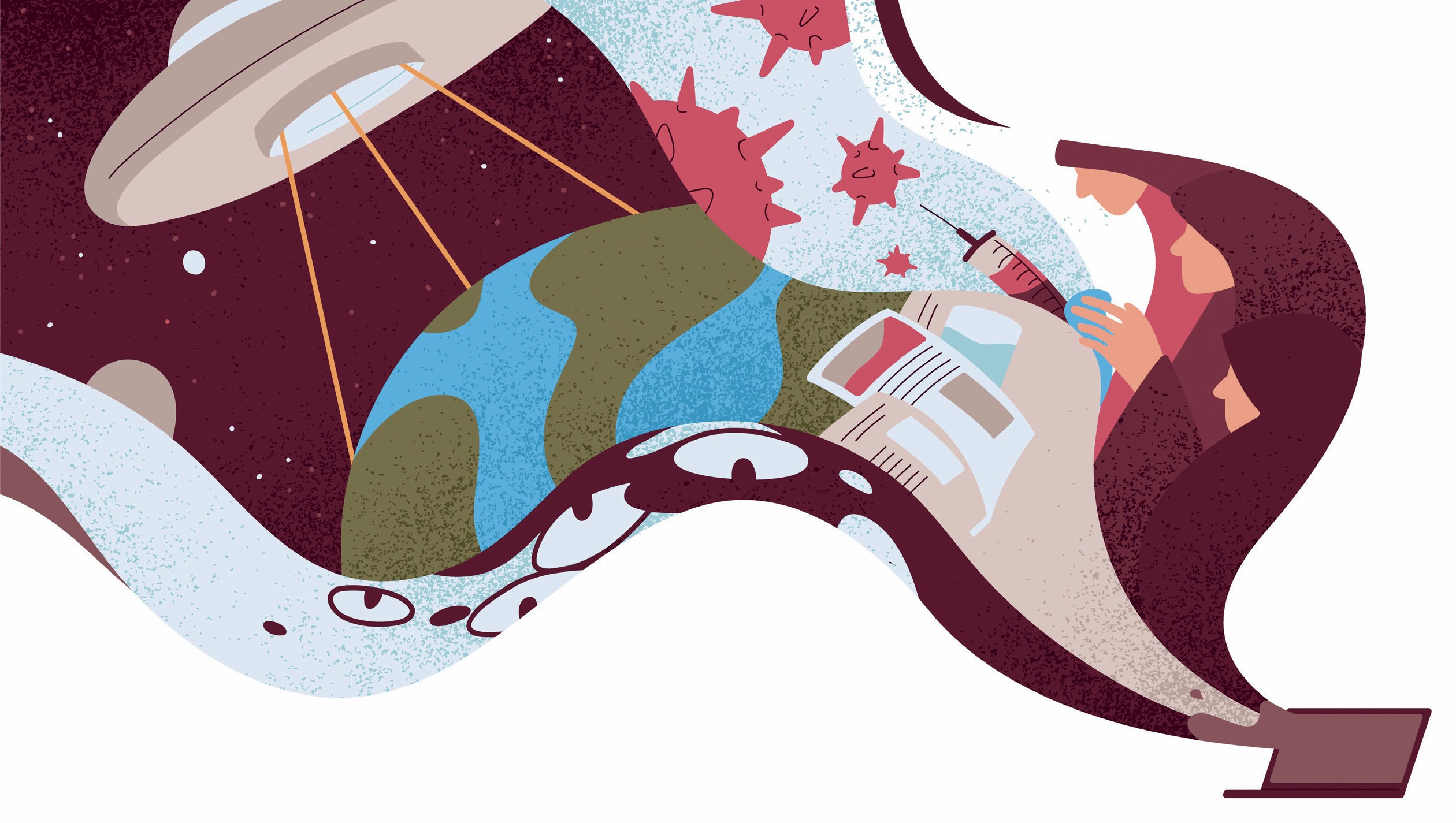
From a young age I was always interested in learning about modern history and finding books about American history and politics. It’s perhaps an unlikely interest for a 10-year-old, but this is where I first came across the term ‘conspiracy theory’. Reading about conspiracy theories across history, I was fascinated by different beliefs people had regarding events such as the assassination of President John F. Kennedy and the death of Marilyn Monroe.
Now, as a lecturer in psychology, much of my research is focused on why people might be tempted by conspiracy theories and how these beliefs can negatively affect the smoothrunning of society. What we have learned so far is that endorsing conspiracy theories can have potentially dangerous consequences, but reducing these beliefs is a tricky endeavour. Have you ever wondered why people might adopt these beliefs, and whether this even matters?
Your organisation does not have access to this article.
Sign up today to give your students the edge they need to achieve their best grades with subject expertise
Subscribe
